Rhaina Cohen
Stories
-

The Bomb That Didn't Explode: Why Our Fears About Population Growth Didn't Come True
We know that we live in an ever-changing world, but one thing we often overlook is demographic change. Whether the world's population is growing or shrinking can affect many aspects of our lives, from the number of kids we have to the likelihood that we'll live to old age. This week on Hidden Brain, we explore how our planet's population is changing, and what that means for us in the century to come.
-
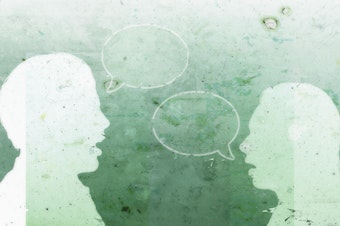
The Influence You Have: Why We're Blind To Our Power Over Others
Think about the last time you asked someone for something. Maybe you were nervous or worried about what the person would think of you. Chances are that you didn't stop to think about the pressure you were exerting on that person. This week, we explore a phenomenon that psychologists refer to as "egocentric bias," and look at how this bias can lead us astray.
-
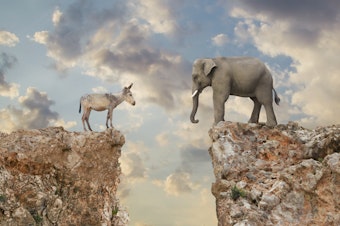
Passion Isn't Enough: The Rise Of 'Political Hobbyism' in the United States
Many Americans feel an obligation to keep up with political news. But maybe we should be focusing our energies elsewhere. Political scientist Eitan Hersh says there's been a rise in "political hobbyism" in the United States. We treat politics like entertainment, following the latest updates like we follow our favorite sports teams. Instead, he says, we should think of politics as a way to acquire power and persuade our neighbors to back the issues we support.
-
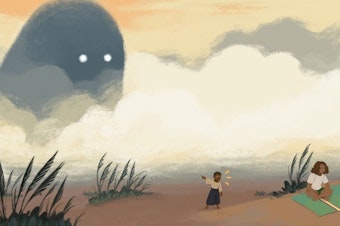
How To See The Future (No Crystal Ball Needed)
When disaster strikes, we want to know, who screwed up? This week we explore the psychology of warnings: Why some warnings get heard, and why some of us are better at seeing what lies ahead.
-
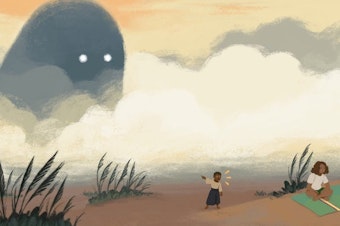
The Cassandra Curse: Why We Heed Some Warnings, And Ignore Others
After a disaster happens, we want to know whether something could have been done to avoid it. Did anyone see this coming? Many times, the answer is yes. So why didn't the warnings lead to action? This week, we revisit a favorite 2018 episode about the psychology of warnings. We visit a smelly Alaskan tunnel, hear about a gory (and fictional) murder plot, and even listen to some ABBA.
-

Creatures Of Habit: How Habits Shape Who We Are — And Who We Become
At the beginning of the year, many of us make resolutions for the months to come. We resolve to work out more, procrastinate less, or save more money. Though some people stick with these aspirations, many of us fall short. This week, psychologist Wendy Wood shares what researchers have found about how to build good habits — and break bad ones.
-
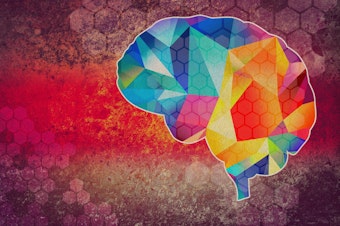
Did That Really Happen? How Our Memories Betray Us
Our memories are easily contaminated. We can be made to believe we rode in a hot air balloon or spilled punch on people at a wedding—even if those things never happened. So how do we know which of our memories are most accurate? This week, psychologist Ayanna Thomas explains how memory works, how it fails, and ways to make it better.
-

Zipcode Destiny: The Persistent Power Of Place And Education
There's a core belief embedded in the story of the United States — the American Dream. Today we look at the state of that dream as we revisit our 2018 conversation with economist Raj Chetty. We'll ask some questions that carry big implications: can you put an economic value on a great kindergarten teacher? How is it that two children living just a few blocks from each other can have radically different chances in life? And what gives Salt Lake City an edge over Cleveland when it comes to offering people better prospects than their parents?
-

In The Heat Of The Moment: How Intense Emotions Transform Us
In a fit of anger or in the grip of fear, many of us make decisions that we never would have anticipated. This week, we look at situations that make us strangers to ourselves — and why it's so difficult to remember what these "hot states" feel like once the moment is over.
-
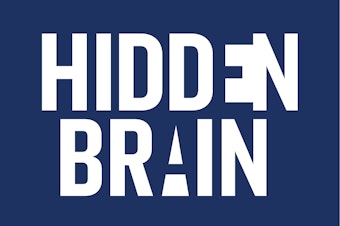
What Monkeys Can Teach Us About Being Human
What makes the mind of a human different from that of other animals? Psychologist Laurie Santos says we can't know the answer to that question if we only study humans. This week, we turn to Laurie's work with monkeys to understand which parts of human behavior are distinct, and which we share with other species.